In Diasporic Lands: Tibetan Refugees and Their Transformation Since the Exodus
A large number of Tibetans migrated to India following the Chinese occupation of Tibet in 1950. Till the end of the twentieth century, Tibetan studies focused primarily on Buddhism and pre-1950s Tibetan history in relation to Tibetan exiles, influenced largely by Western notions of Tibetan culture in an exotic ‘Shangri-La’. In Diasporic Lands moves away from this norm to study the dynamics of Tibetan refugees’ emergent culture in the midst of their hosts, and in distinctly urban settings.
Based on the author’s ethnographic fieldwork conducted in Darjeeling town, West Bengal, this volume looks at how places and identities are redefined and transformed by refugees negotiating their ‘belonging’ in an alien country over time. The earlier strategy of the ‘myth of return’ to their homeland has had to be reworked, and in the process, Tibetan refugees have moved away from the stereotyped ways in which they are portrayed to create plural identities of their own. The volume also looks at how the refugee-host dynamic-where the ‘hosts’ are Indians, Nepalis and ‘Bhutia’ Tibetans-plays out in such a situation.
Tibetan refugees in India grapple with notions of what Tibet as the homeland stands for, what it means to truly belong to the host territory and to acquire Indian citizenship. The ethnographic analysis, which reflects on Tibet’s past and the ‘exile present’, helps us to understand the ‘lived meanings’ that Tibetan refugees in Darjeeling attach to their life in exile and to the spaces they live and work in. It also shows how the experience of movement to and from a place alters the idea that people have of their relation to a specific place in the diaspora, and how this ‘sense of place’ adds meaning and purpose to refugee lives.
This volume will be of interest to students and scholars of sociology, social anthropology, politics, cultural studies and migration studies, as well as policy makers and human rights activists.
Contents: Foreword by Samir Kumar Das. 1. Tibetans as ‘Refugee Diasporas’. 2. Methodology and Imperatives in Refugee Research. 3. The Tibetan Exilic Paradigm. 4. The Tibetan Question: A Reappraisal. 5. Organising for Exile! 6. Preservation, Integration and the Pragmatics of Diasporic Identity. 7. Dwelling and Movement in Exile. Postscript: A Mediatising Tibetan Diaspora and Beyond. Bibliography. Index.
Get it now and save 10%
BECOME A MEMBER
-
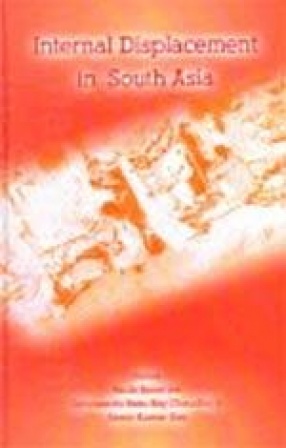
Internal Displacement in South Asia: The Relevance of the UN's Guiding Principles
-
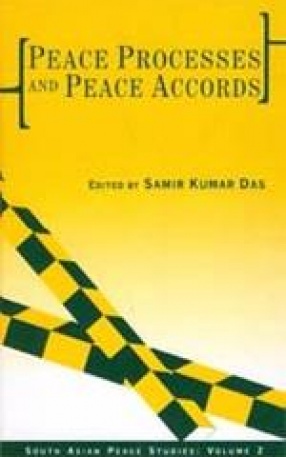
Peace Processes and Peace Accords (Volume 2)
-

Blisters on Their Feet: Tales of Internally Displaced Persons in India's North East
-

Terror, Terrorism, States and Societies: A Historical and Philosophical Perspective

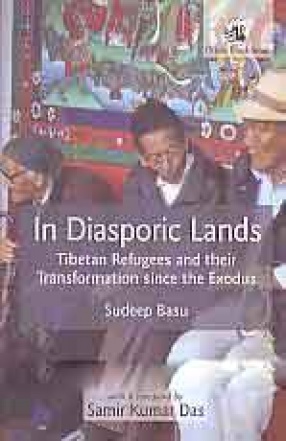
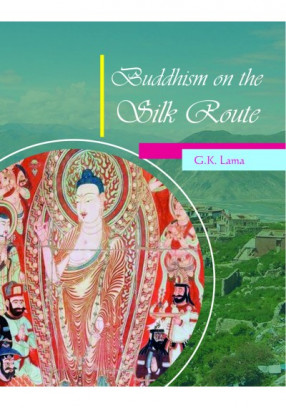


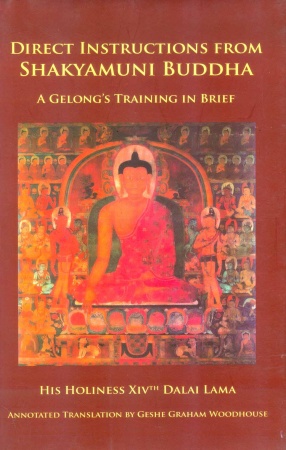

Bibliographic information
Samir Kumar Das